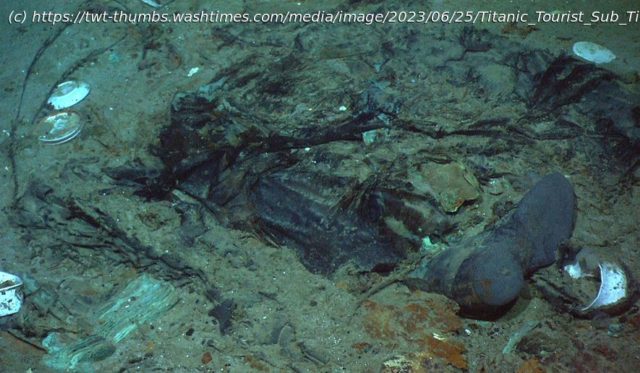Array
When millionaire Steve Fossett’s plane went missing over the Nevada range in 2007, the swashbuckling adventurer had already been the subject of two prior emergency rescue operations thousands of miles apart.
And that prompted a prickly question: After a sweeping search for the wealthy risktaker ended, who should foot the bill?
In recent days, the massive hunt for a submersible vehicle lost during a north Atlantic descent to explore the wreckage of the Titanic has refocused attention on that conundrum. And with rescuers and the public fixated first on saving and then on mourning those aboard, it has again made for uneasy conversation.
“Five people have just lost their lives and to start talking about insurance, all the rescue efforts and the cost can seem pretty heartless – but the thing is, at the end of the day, there are costs,” said Arun Upneja, dean of Boston University’s School of Hospitality Administration and a researcher on tourism.
“There are many people who are going to say, ‘Why should the society spend money on the rescue effort if (these people) are wealthy enough to be able to … engage in these risky activities?’”
That question is gaining attention as very wealthy travelers in search of singular adventures spend big to scale peaks, sail across oceans and blast off for space.
The U.S. Coast Guard declined Friday to provide a cost estimate for its efforts to locate the Titan, the submersible investigators say imploded not far from the world’s most famous shipwreck. The five people lost included a billionaire British businessman and a father and son from one of Pakistan’s most prominent families. The operator charged passengers $250,000 each to participate in the voyage.
“We cannot attribute a monetary value to Search and Rescue cases, as the Coast Guard does not associate cost with saving a life,” the agency said.
While the Coast Guard’s cost for the mission is likely to run into the millions of dollars, it is generally prohibited by federal law from collecting reimbursement related to any search or rescue service, said Stephen Koerting, a U.S. attorney in Maine who specializes in maritime law.
But that does not resolve the larger issue of whether wealthy travelers or companies should bear responsibility to the public and governments for exposing themselves to such risk.
“This is one of the most difficult questions to attempt to find an answer for,” said Pete Sepp, president of the National Taxpayers Union, noting scrutiny of government-funded rescues dating back to British billionaire Richard Branson’s hot air balloon exploits in the 1990s.
Home
United States
USA — Financial When wealthy adventurers take huge risks, who should foot the bill for...






